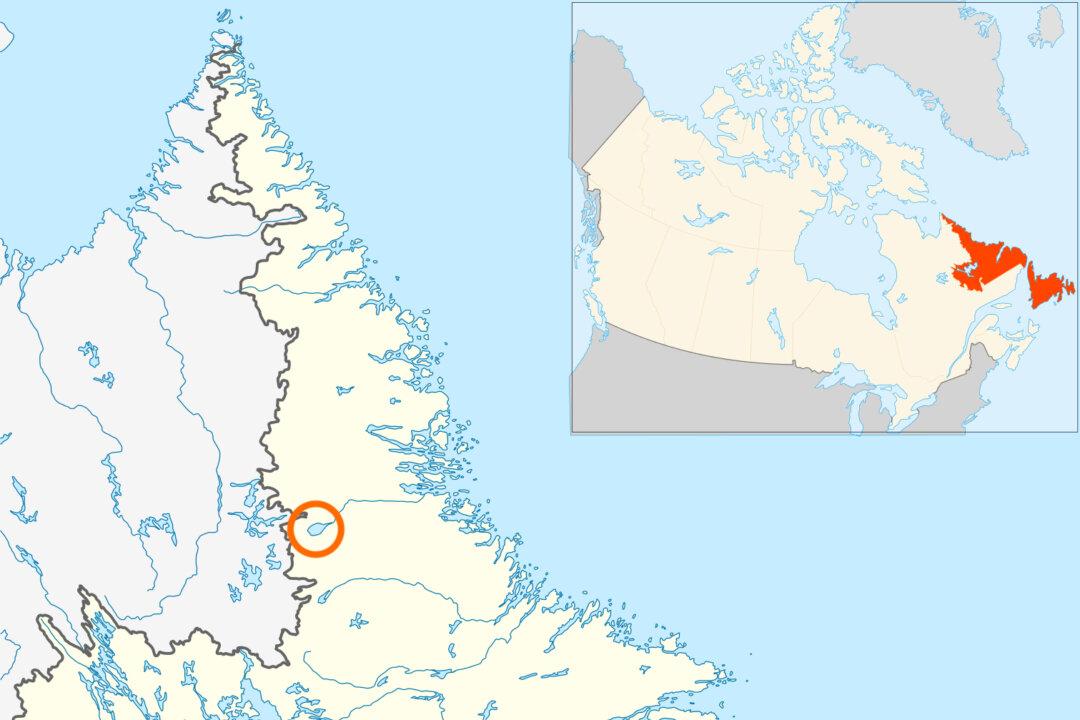With Canada set to sign on to a global United Nations agreement on migration next week, Conservative Leader Andrew Scheer says adopting the pact would be tantamount to erasing Canada’s borders.
The U.N. is billing its Global Compact for Safe, Orderly and Regular Migration as the first inter-governmentally negotiated agreement to cover all aspects of international migration. To be signed by multiple countries next week in Morocco, the agreement would set “a common understanding, shared responsibilities, and unity of purpose regarding migration.”





